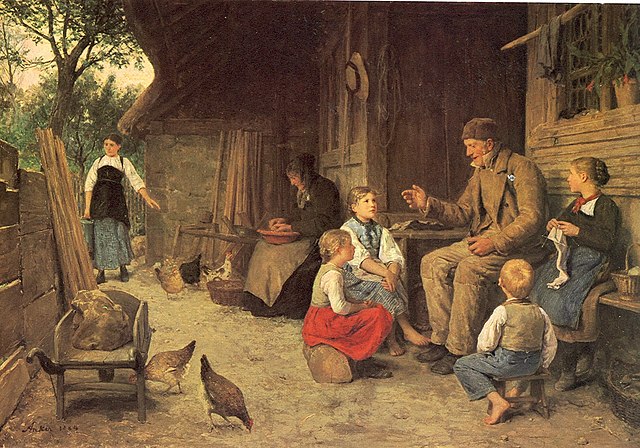
DATELINE Elgin, Moray—King Macbeth released a new campaign ad today, condemning his political opponents for taking his words out of context.
In the ad, he says, ‘When my opponents quote me as saying,
“I am in blood
Stepp’d in so far, that, should I wade no more,
Returning were as tedious as go o’er.”‘They are willfully misinterpreting the plain meaning of my words. Rather than admitting that I was guilty of killing King Duncan, I was talking about our corporate guilt, and the culture of violence which—sadly—prevails in contemporary Scotland, and which my opponents in fact encourage when they oppose my sensible and moderate spear control laws.’
Thinking about Macbeth today. I’ve always liked the play, even before I realized it was set in the Viking Age, and peripherally in the Viking world. I could put Macbeth in one of my Erling novels if I wanted to. They were contemporaries, though Macbeth was considerably younger.
You’re likely aware that Shakespeare’s play is a complete libel. Shakespeare was writing under King James I, who believed himself a descendent of Banquo. Which explains all the business with the witches telling Banquo he would “get kings” without himself becoming one.
The real Macbeth was a popular and successful king, almost to the end. He killed King Duncan (who was not an old man but a young one), not in bed, but honorably in battle. Contemporary accounts describe him as both “red” and “golden-haired.” Very likely, I suppose, he was strawberry blond. He was confident enough in the security of his throne to make a pilgrimage to Rome in 1050, during which he is reported to have given money to the poor “as if it were seed.” Continue reading Hurrah for Macbeth!



